2025 Fall Prevention Week
One out of five falls cause a serious injury such as a broken bone or a head injury. These injuries can make it hard for a person to get around, do everyday activities, or live on their own. South Metro is committed to assisting our older adult population to stay active, healthy, and as independent as possible for as long as possible. The biggest risk we have found to this longevity is falls.
BUT FALLS ARE NOT INEVITABLE!
.png?ixlib=rb-1.1.0&w=2000&h=2000&fit=max&or=0&s=214cbba0964be89835bd7d10283901a7)
2025 Fall Prevention Week is set for September 22-26 with the theme of "From Awareness to Action" to reduce falls and their associated injuries, emphasizing translating knowledge into tangible steps to prevent falls.
There are 4 Core Principles to fall prevention:
1. Professional Consultation - Whether you’ve already experienced a fall, are worried about falling, or haven’t given it much thought, it’s a good idea to talk with your primary care physician about a fall risk assessment. Together, you can create a personalized prevention plan that may include support from physical or occupational therapists, as well as addressing vision changes, foot concerns, or dizziness.
2. Medication Review - Certain medications can increase your risk of falls. We recommend you review your medications with your doctor or pharmacist to know your risk as well as mitigate any contradicting medications.
3. Physical Activity - Engaging in exercise that includes strength, aerobics, and balance training will help you maintain the strength required to prevent falls.
4. Environmental Modifications - Identifying and removing home hazards like poor lighting or clutter. Use the checklist below to mitigate fall risks in your home.
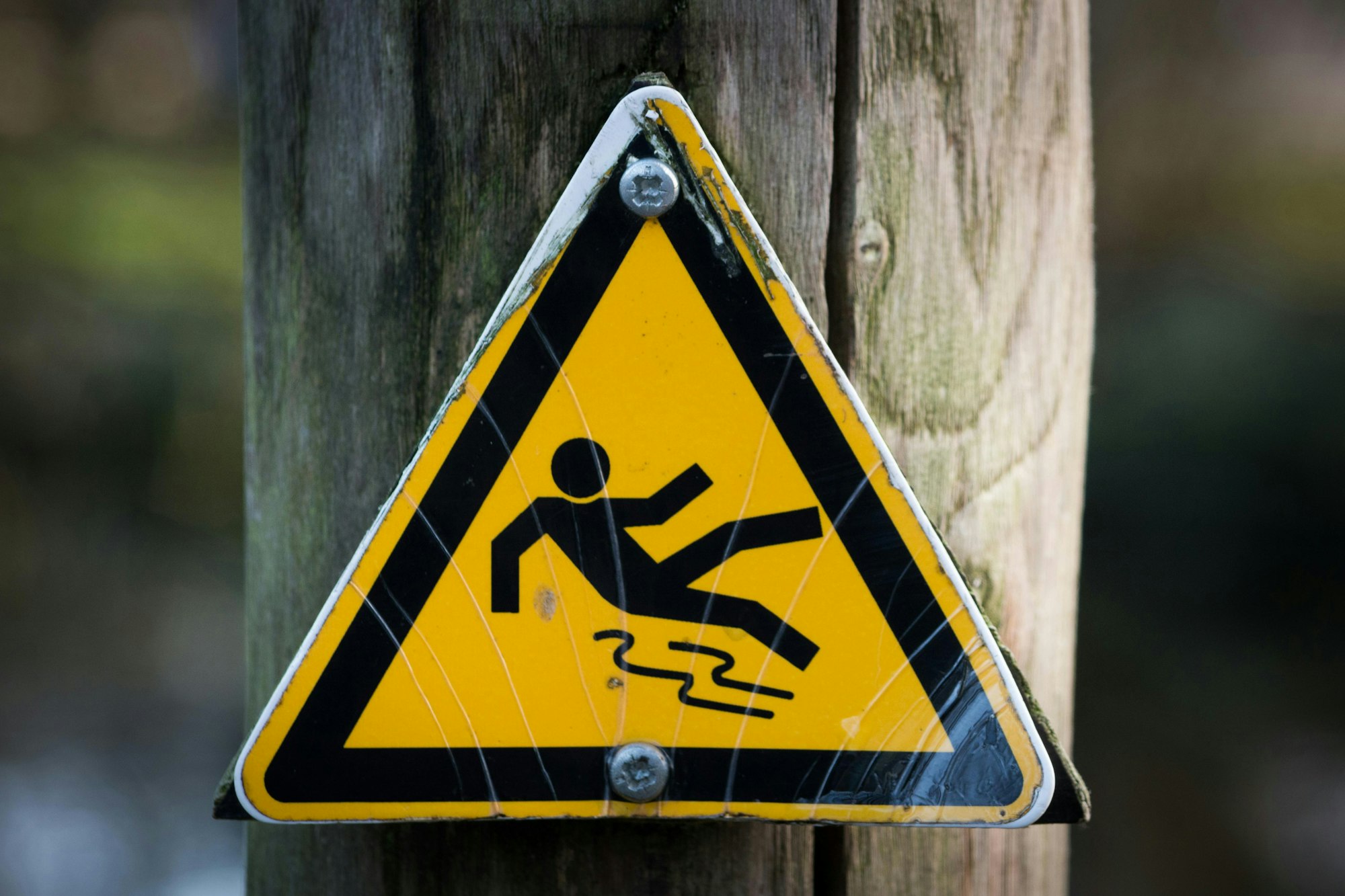
WHAT DO I DO IF I FALL:
First, pause and take a deep breath. You need to assess if you are injured. If you are injured and think you need to go to the emergency room, call 911. Paramedics will come to you and help assess your injuries and transport you to the ER if necessary.
If you are not injured but cannot get up on your own, call 911 and ask for a Lift Assist. Tell the dispatcher that you have fallen, are not injured, and need help. They will send a crew to your address to help you up.
Getting up from a fall on your own:
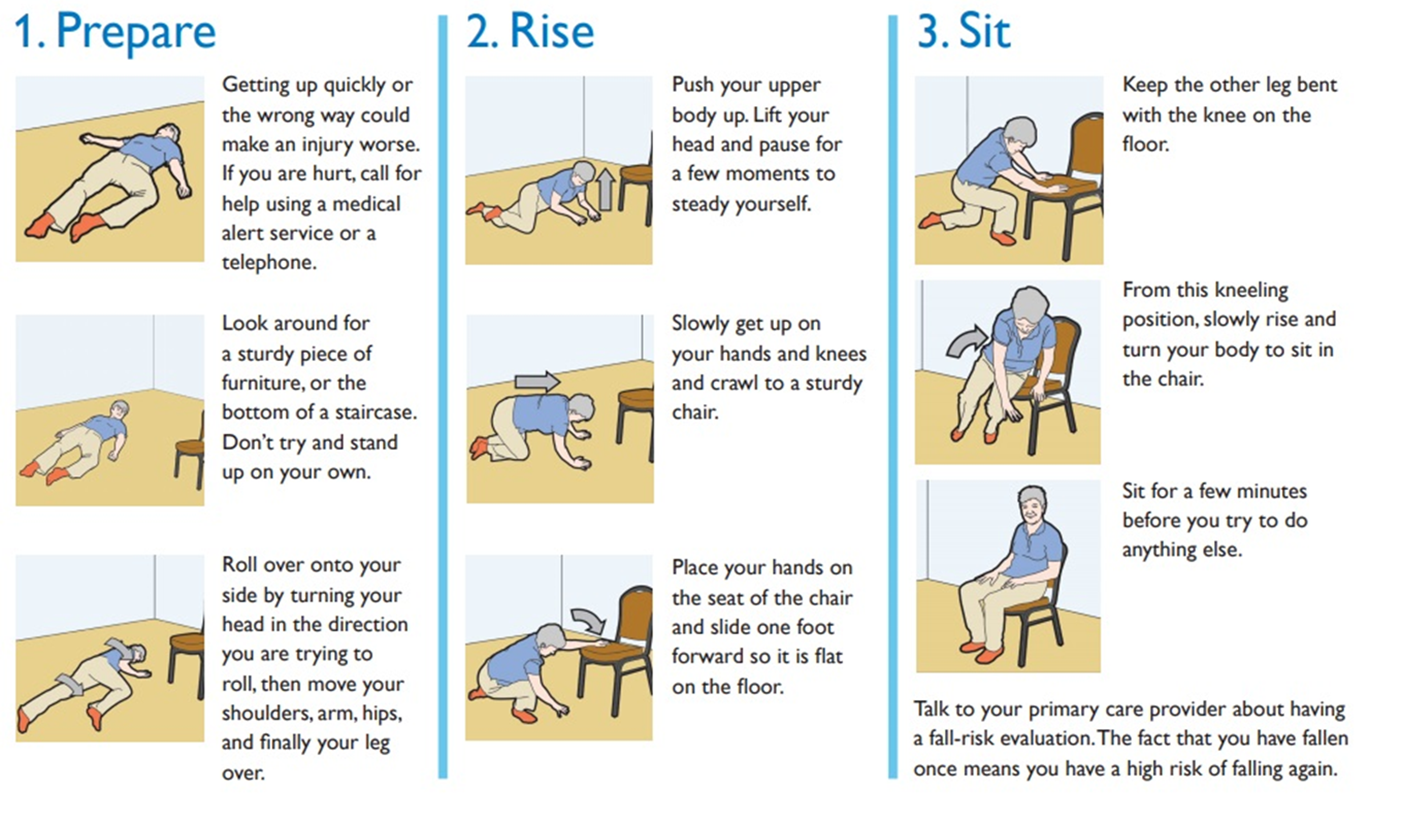
How to help someone up from a fall:
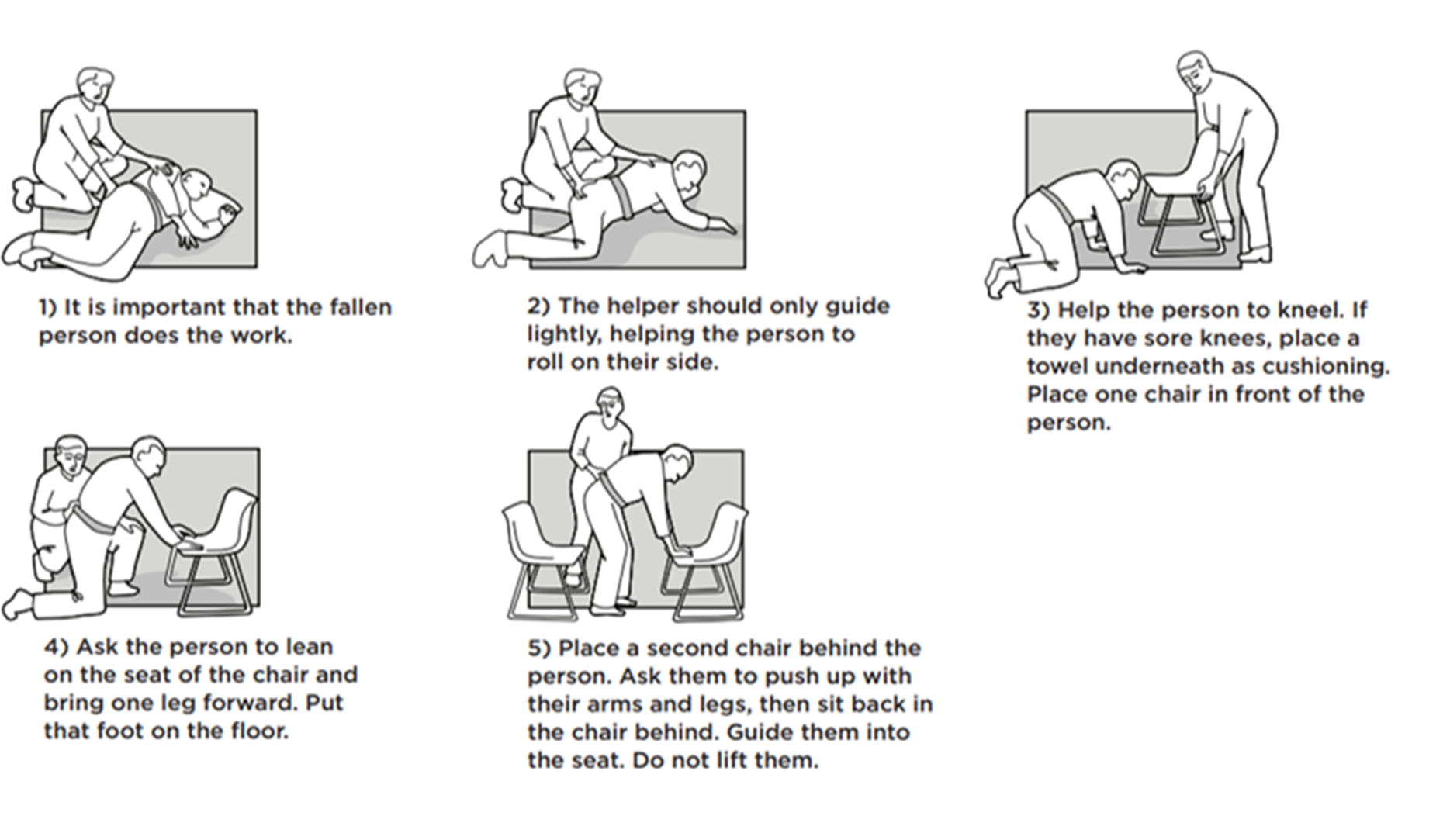
AFTER A FALL:
If you’ve had a fall, you’re not alone and it’s important to know that one fall often raises the chances of falling again. In fact, nearly half of older adults who fall will experience another fall within a year.
Why does this happen?
- Physical changes: Injuries, pain, or less activity after a fall can lead to weaker muscles and balance problems.
- Fear of falling: Many people limit their movement after a fall, which can actually increase the risk of falling again.
- Health factors: Issues with vision, medications, foot pain, or dizziness may play a role.
- Home hazards: Tripping risks like poor lighting, clutter, or loose rugs can cause repeat falls if not addressed.
The good news: A fall is a warning sign, not an endpoint. By talking with your healthcare provider, you can get a fall risk assessment and a personalized plan to stay active, confident, and safe.
Organizations like The National Council on Aging (NCOA) and the CDC Foundation offer toolkits, webinars, and self-screening tools like the Falls Free CheckUp to help individuals assess and reduce their fall risk.
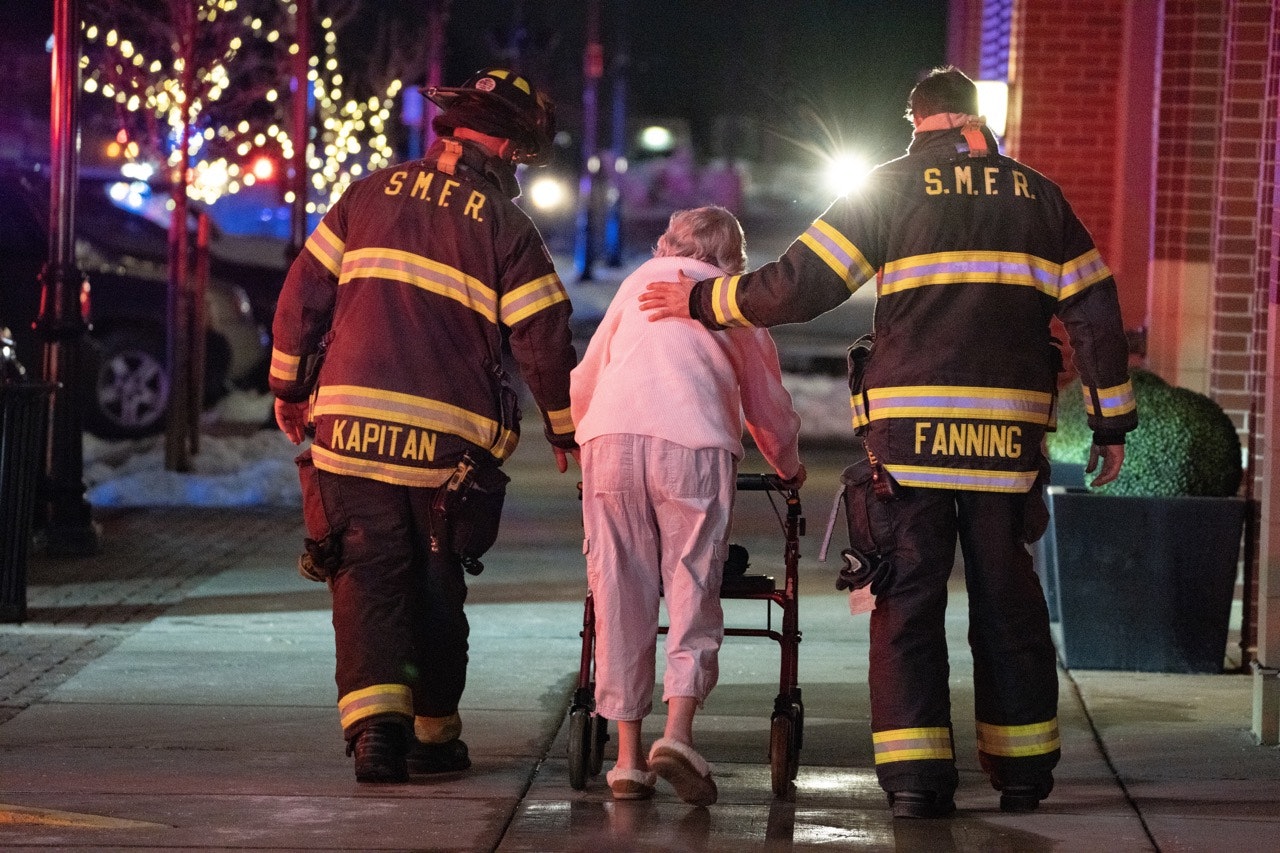

.jpeg?ixlib=rb-1.1.0&or=0&w=720&h=720&fit=fill&fill=blur&auto=format%2Ccompress&s=4e79ba7a13055ecdb6091c99debeafdf)
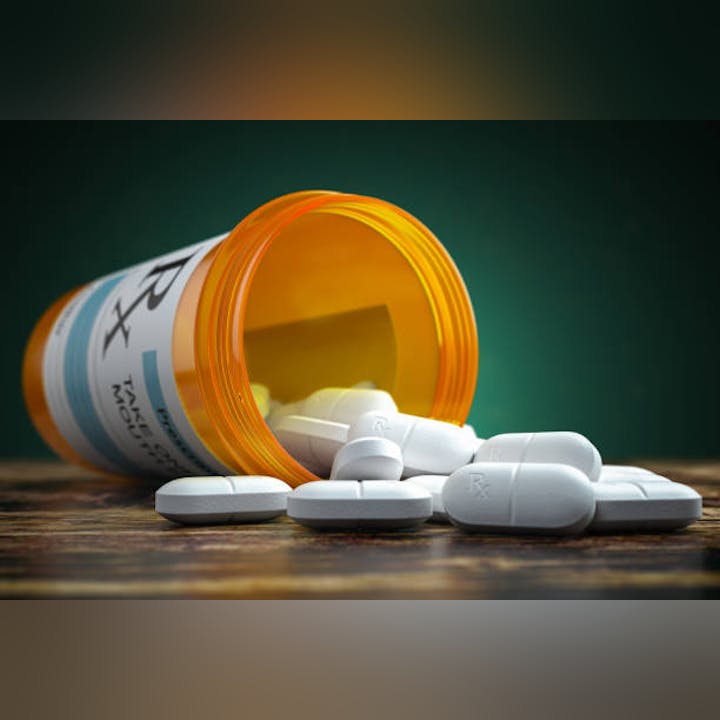
.png?ixlib=rb-1.1.0&or=0&w=720&h=720&fit=fill&fill=blur&auto=format%2Ccompress&s=dd28be6a429889da01eb599807ab6222)

